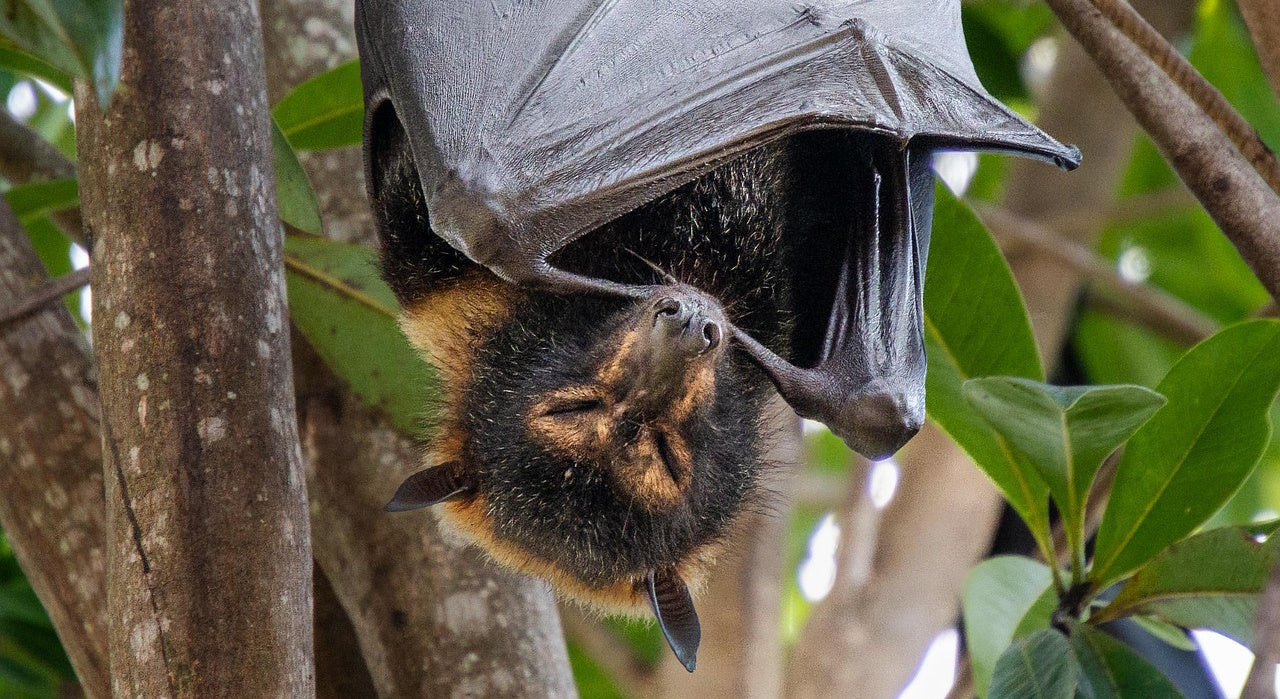
Bat Appreciation Day 2025
This Thursday is Bat Appreciation Day!
Bat Appreciation Day is held every year on the 17th of April. It got its start when scientists and conservationists saw the effects that global warming, misinformation and land clearing were having on bat populations world wide. The Bat Conservation International was formed in 1982, in an effort to quell misinformation they advocated for a dedicated day to celebrate bats and encourage their protection.
There are two main classes of bat.
Smaller insect eating bats are called 'Microbats.' Emphasis on smaller. Some Australasian microbats weigh as little as 3 grams!
Larger bats are referred to as 'Megabats' and usually eat fruit and nectar. Flying foxes are among the largest megabats.
Did you know? Despite the long standing assumption that all bats are blind, many species of bat, especially megabats, actually use their eyes to hunt. They generally don't use echolocation either!
If you find an injured or sick bat in the wild, DO NOT TOUCH IT and call your nearest wildlife care group ASAP. Bats can carry many sicknesses that are harmful to humans.
Bats have had a habit of causing a stir in the news lately due to massive flocks ending up in urban areas. These flocks are usually considered pests and there have been many efforts to relocate them. However, these flocks have been pushed more and more into urban areas due to land clearing and food shortages, many have nowhere else to go!
Bats are also vitally important for maintaining healthy ecosystems. Due to their role as both natural pest controllers and pollinators. Bats are also an 'Indicator Species' meaning the health of the population can be used to gauge the health of a given ecosystem. And can signal problems well in advance of other methods.
The Australasian Bat Society (ABS) was established in 1998 and was founded to promote bat conservation and education in the greater Australasian region. The Australasian Bat Society has recently launched the Australasian Bat Conservation Fund to assist members to promote bat conservation and research in the region.
If you'd like to learn more about bats and the threats they face, visit the ABS's website or any of the ones listed below.
References/Further Reading:



Leave a comment